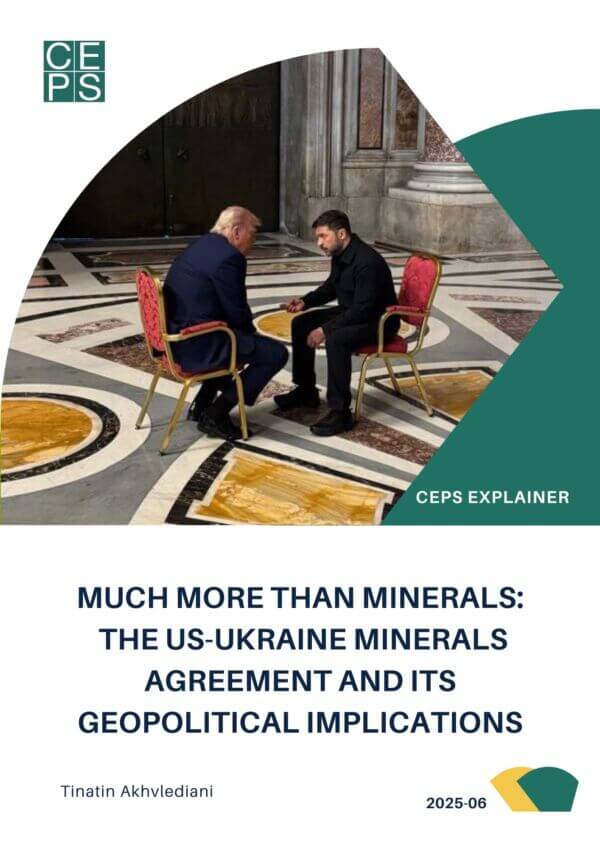On 21 June 2024, the EU Council adopted the ‘framework’ documents required to set into motion the formal processes of negotiating Ukraine and Moldova’s accession to the EU, with practically identical texts. These are politically significant steps – the starting gun pointing, however, not to a sprint but to a marathon. Of the eastern European trio of accession candidates, Georgia is conspicuous by its absence, due to the government sabotaging the country’s membership bid to consolidate its own grip on power.
As the EU’s last contribution to the enlargement process before the upcoming renewal of the EU’s institutional leadership, the framework texts basically rehearse existing practice and doctrine without any innovations. It’s only in its opening statements of the intergovernmental conferences with Ukraine and Moldova that the EU explicitly states that it will continue to support Ukraine and its people ‘for as long as it takes and as intensely as needed’ (emphasis added). The new accession round is, as stated in the texts, to be a ‘geo-strategic investment in peace, security, stability and prosperity’.
While the negotiating frameworks go into the nitty-gritty of the enlargement procedures, the opportunity has been missed to make much-needed improvements to them. The procedures are both over-complicated and subject to the politically deadening requirement for unanimity at every step – even the most technical. Precise reforms are needed and it will be for the renewed Commission to consider these in the planned policy reviews announced for the start of their work.
This piece was originally published on the SCEEUS website.






